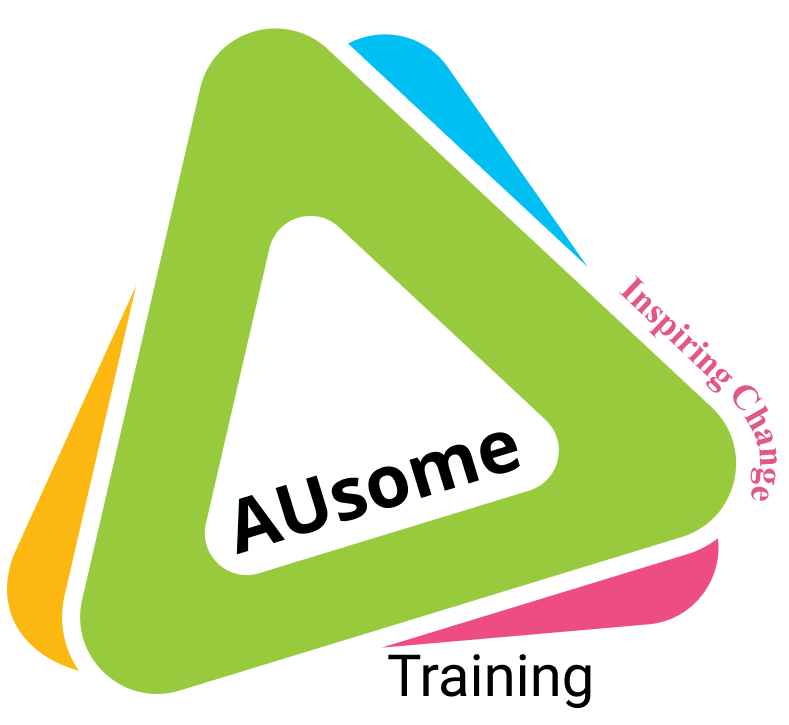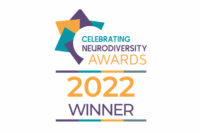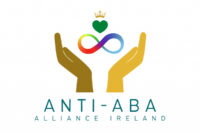In the field of psychotherapy, practitioners often find themselves navigating the complex landscape of human minds, addressing the unique needs of each client. This journey frequently leads to discussions about Autism and other Neurodivergences, such as being Autistic, ADHD, Dyslexia, and Dyspraxia. It often becomes obvious after a prolonged period of therapeutic work that clients may indeed be Neurodivergent. Either they are questioning it or the psychotherapist may think it’s a possibility. It usually comes up once a trusting relationship has been established.
But what if we could change this narrative, ensuring that Neurodiversity becomes a vital part of the intake process at Therapy Centres? Is it essential, ethical, and appropriate to include questions about neurodiversity right from the start? These are some of the questions AUsome Training’s Dawn Course aim to address through our Dawn course for helping professionals who work with Autistic adults.
For practitioners, a course like Dawn can serve as a transformative experience, opening doors to understanding and empathy. It’s a gateway to a world where Neurodiversity is no longer relegated to the background but embraced from the outset.
Consider the impact on your therapeutic practice when you become more aware of the profound implications of growing up as an Autistic or neurodivergent person in a society that’s often ill-prepared to accommodate these needs. Your approach to clients can change drastically as you gain insights into the challenges they face, both internally and externally.
This isn’t limited to clinical settings; the knowledge gained from Dawn Course can be immensely valuable in various contexts. If you’ve worked in educational institutions, you’ve probably encountered students who are often categorised as ‘probably on the spectrum’ due to certain behaviours. However, it’s crucial to question these assumptions and biases that tend to undermine these students’ abilities and contributions.
The true essence of AUsome Training’s Dawn course lies in challenging these stereotypes and biases that surround Autism. It empowers therapists and professionals to provide competent support to all minority communities by erasing myths and fostering awareness and acceptance of Neurodiversity.
One of the cornerstones of AUsome Training’s Dawn 10 day Course for psychotherapists is the exploration of how the Diagnostic and Statistical Manual of Mental Disorders (Version 5) categories Autism and other “conditions”. It questions the need for pathologising normal human behaviours and encourages participants to think outside of the very rigid, narrow and inaccurate medical model of autism. It delves into the language used in assessments, often referring to variations as disorders, dysfunctions, or disabilities.
However, the Dawn course presents an alternative perspective for psychotherapists – Neurodivergent Theory.
Neurodivergent Theory considers divergence from expected functioning as a natural variation of the human mind. It reframes ADHD and Autism not as disorders but as valuable and natural deviations. This shift in perspective is essential as it dispels stigmas and fosters a more inclusive and supportive environment for Neurodivergent people.
But the impact goes beyond theory. AUsome Training’s Dawn Course for psychotherapists underscores the critical importance of addressing the mental health vulnerabilities faced by Autistic individuals. Statistics reveal that the life expectancy of Autistics is lower than that of the general population, with the Autistic population being three times more likely to die by suicide.
This alarming revelation makes it evident that mental health practitioners must receive appropriate training on the Autistic experience. They must be equipped to tailor their therapeutic approach to address these shocking statistics and this training must come from Autistic people- it must be Autistic people and their experiences that we listen to and learn from.
The Dawn course emphasises the need for therapists to understand where each client is coming from, especially when an individual’s inner world differs from what mental health professionals might expect . To effectively meet their clients where they are, therapists must adopt an inside-out approach. This means moving beyond assessing external behaviours and diving deep into their unique inner experiences.
Therapists will often say that in hindsight it was clear that therapy with some of their clients who they now realise are Autistic could have been more empathetic. Instead of focusing on the level of eye contact and restlessness during sessions for example, it would have been more beneficial to respect their sensory experiences, such as the intensity of making eye contact. Clients should feel encouraged to stim during sessions, and therapists should ask them about their experiences.
AUsome Training’s Dawn course has a profound impact on a therapist’s approach to self-disclosure. While traditional therapy often promotes a blank slate approach, it’s different with Autistic clients. This course highlights how self-disclosure can be a powerful tool to build trust and demonstrate authenticity.
The course encourages therapists to pay closer attention to the phrasing of questions and ensuring clarity in the therapy space. This change in approach, coupled with psychoeducation, allows for a more empathetic and nuanced understanding of the client’s emotional experiences, especially in the context of Alexithymia, a condition prevalent in the Autistic population, often attributed to trauma.
In essence, AUsome Training’s Dawn Course goes beyond understanding Autism; it promotes an inclusive and flexible approach to therapy, fostering empathy and support for diverse communities. As practitioners, it’s vital to recognise the pressing social need to erase stereotypes and myths surrounding Autism and to revamp educational and training programs across fields.
The Dawn course also delves into the concept of Minority Stress, which encompasses external prejudice events, such as discrimination, and internal stress. By understanding and addressing Minority Stress, therapists can provide more holistic support to their clients.
In conclusion, AUsome Training is not just about Autism; it’s about expanding your horizons, challenging your assumptions, and becoming a more empathetic and effective therapist. It’s a journey of growth, understanding, and acceptance that can transform your practice and benefit diverse communities.
If you’re ready to transform your practice check out next Dawn Course Dates


